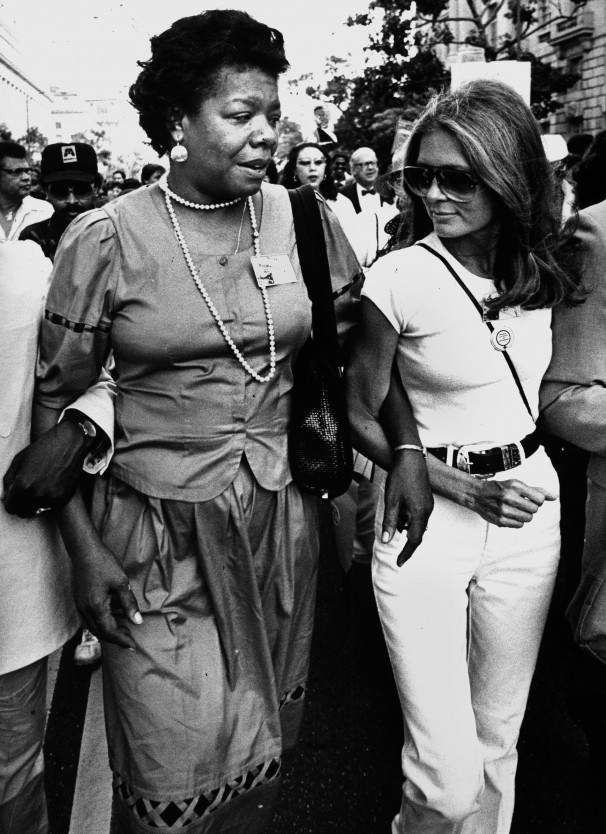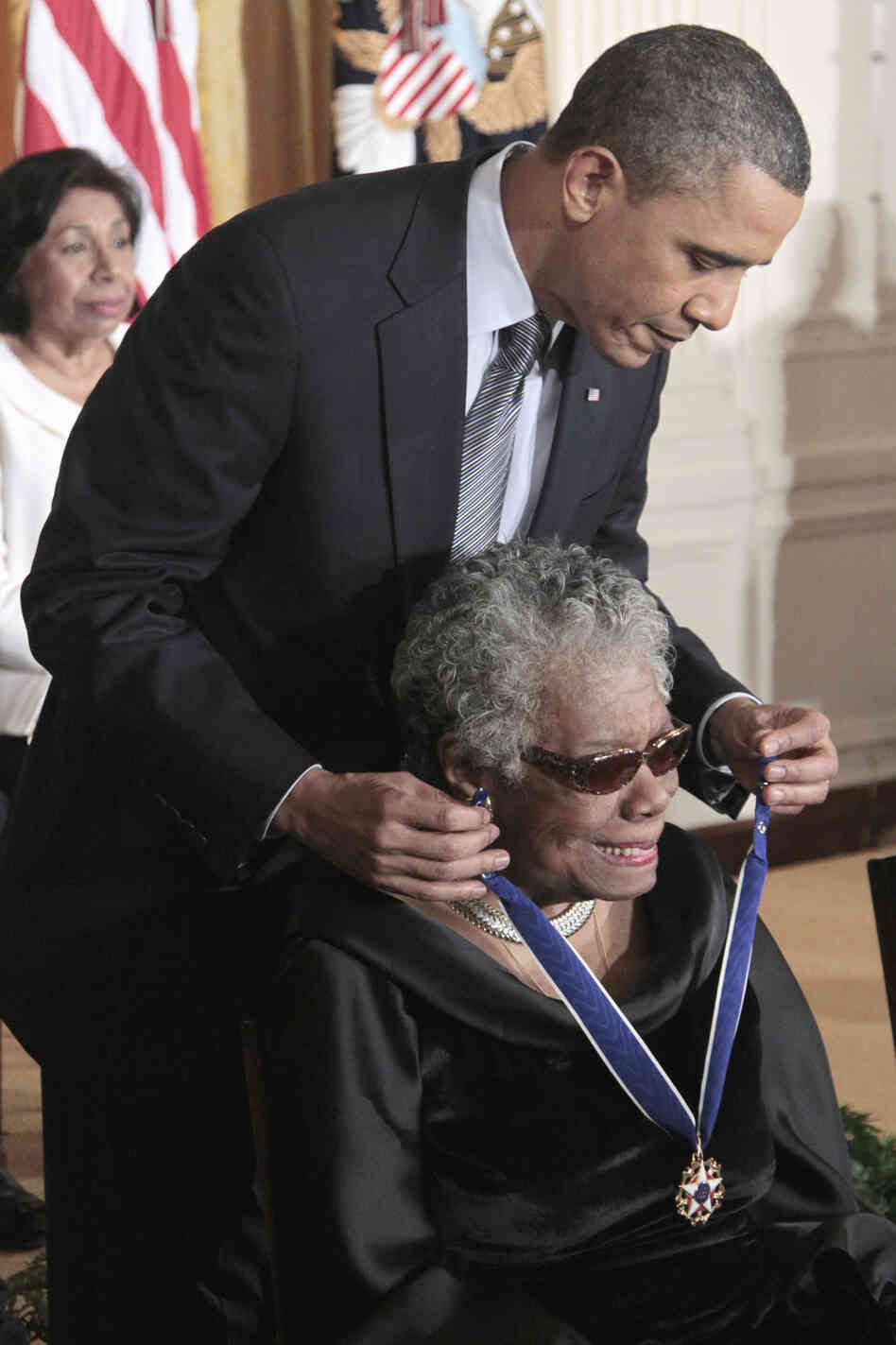WAKULIMA mkoani Singida wamehimizwa kujenga utamaduni wa kuwa waaminifu
kwa kuuza mazao yao bila kuchanganya na vitu vingine kuongeza uzito kwa madai
kwamba vitendo hivyo vinaharibu masoko na kushusha thamani ya mazao.
Wito huo umetolewa hivi karibuni
na Meneja Masoko na Usambazaji wa Wakala wa Mbegu za Kilimo wa Taifa (ASA),
Philemon Kawamala wakati akizungumza kwa nyakati tofauti na wakulima viongozi
wa wilaya ya Mkalama mkoani Singida.
Amesema baadhi ya wakulima
wamekuwa sio waaminifu wakati wa kuuza mazao yao kwa kuchanganya mazao na vitu
vingine kwa lengo la kuongeza uzito ili waweze kupata kipato zaidi.
Kawamala amesema kwa sasa wanunuzi wamekuwa wakitumia vifaa vya hali ya
juu kupima na kuchunguza kwa kina mazao kabla ya kuyanunua.
Akifafanua zaidi,amesema baadhi ya wakulima hao huchanganya mazao yao
ya biashara na mawe,vitu vichafu na baadhi ya wasindikaji mafuta nao huchanganya
mashudu na udongo wa mbugani.
“Kutokana na hatua hiyo ya
upimaji, wakulima wamekuwa wakiumbuka kutokana na kutokuwa waaminifu. Mazao yao hukosa sifa na kutokununuliwa
kabisa kwa hiyo mkulima husika kuingia hasara na hivyo kurudisha nyuma
maendeleo yake”,amesema.
Kutokana na hali hiyo, Meneja huyo amewataka viongozi wa
kiserikali, kisiasa na wataalam wa kilimo kuwahimiza zaidi wakulima wajenge
utamaduni wa kuwa waaminifu kwa maana ya kutokuchanganya mazao na uchafu mwingine
ili mazao yao yaendelee kukubalika katika masoko ya ndani na nje ya nchi.
Aidha, Meneja huyo ameitaka
kambi ya magereza iliyopo kijiji cha Singa wilayani Mkalama, kutumia shamba
darasa lao kuwaelimisha na kuwafunza wananchi walioko jirani juu ya umuhimu wa
umuhimu wa kujikita kwenye kilimo bora.
Kwa upande wake, Mkuu wa kambi hiyo, Inspector Juma Mkoma amesema kambi
hiyo yenye mashamba ya ukubwa wa zaidi ya hekta 500, hawana trekta
wanategemea majembe ya kukokotewa na
ng’ombe kitendo kinachochangia kusiwepo na ufanisi katika kilimo.
































